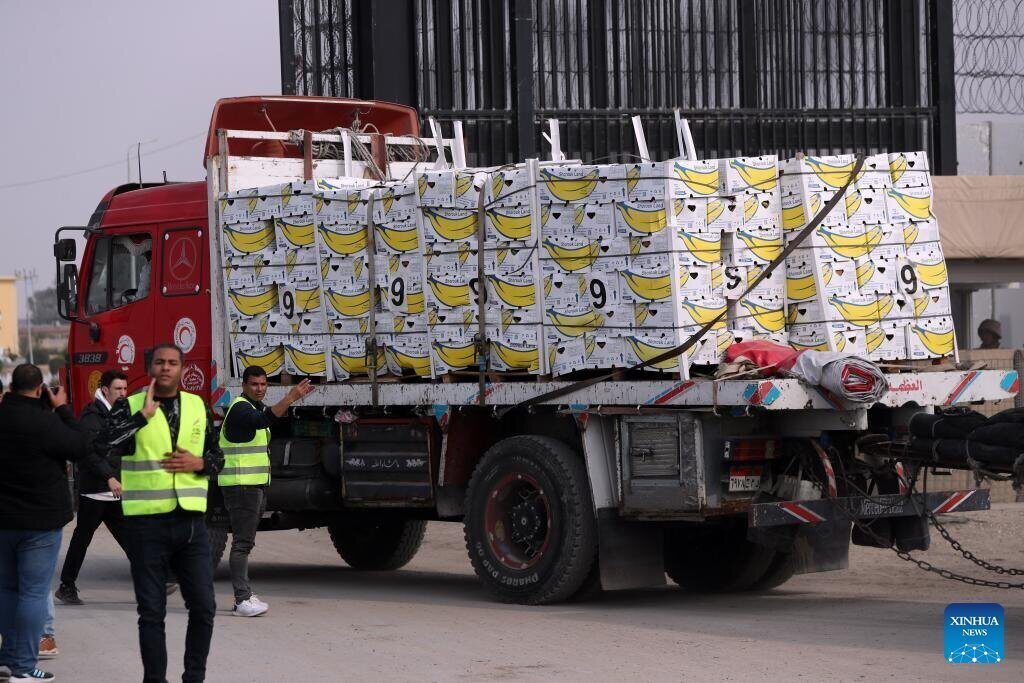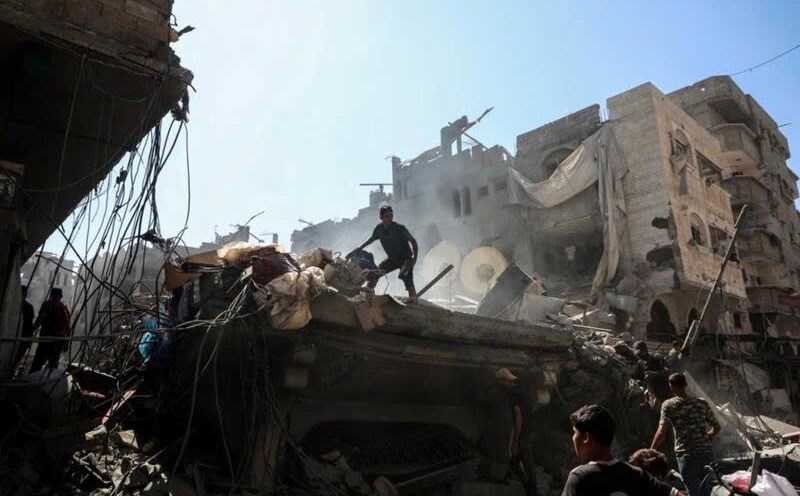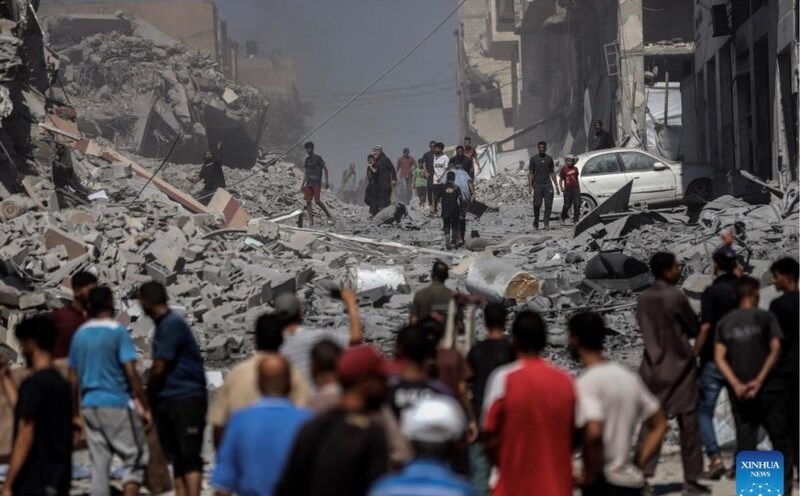The humanitarian situation in the Gaza Strip continues to deteriorate rapidly after Israel blocked the Zikim aid route from September 12. This is a border gate that accounts for half of the food aid to coastal areas, which have been suffering from hunger and bombs for nearly two years.
According to the World Food Program (WFP), the closure of Zikim has paralyzed aid shipments to North Gaza. The number of relief meals decreased from about 155,000 meals/day at the end of August to only 59,000 meals/day on September 22. A series of community kitchens were forced to close, while hospitals warned that the food for malnourished patients was almost exhausted.
Gaza residents described the food shortage as alarming. Green vegetables, meat and necessities have almost disappeared from the market, replaced by rare canned foods with many times the price. We dont know where to get the next meal, said a mother of three.
At the same time, water resources are also increasingly scarce. UNICEF said the desaltation and water distribution system is operating at less than 25% of capacity due to lack of fuel. Many families have to use unsafe water, increasing the risk of disease, especially for young children. Children are losing weight right in front of the world, the organization emphasized.
Israel insists it does not limit humanitarian aid and blames Hamas for misappropriating goods, keeping food out of reach for civilians. The Israeli military said about 300 aid trucks still enter Gaza every day through other border gates. However, according to the United Nations, 40% of requests to access northern Gaza have been rejected since the Zikim closed.

In fact, death from hunger and malnutrition has actually occurred. In July 2025, the Gaza Ministry of Health confirmed that at least 113 people had died from hunger, including 80 children. The World Health Organization (WHO) has also confirmed that Gaza is experiencing artificial hunger, with more than half a million people in a state of severe hunger.
If the aid line is not restored, hunger in Gaza could quickly spread and become the largest humanitarian disaster in the region in decades.








